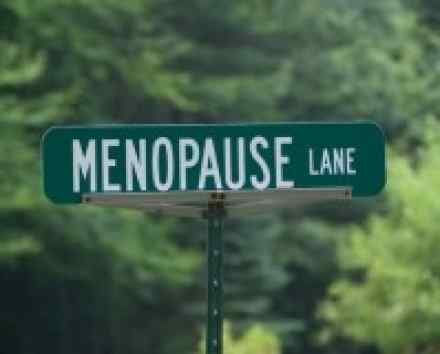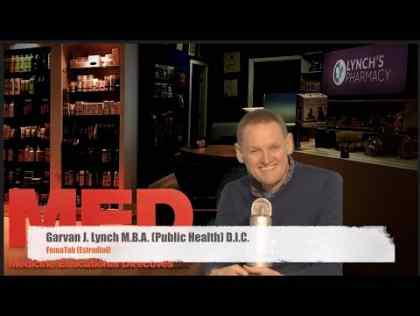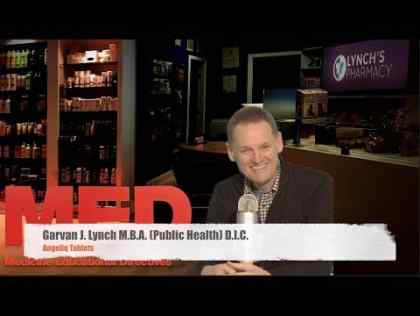How do I recognise it?
Technically, you don't actually "hit" Menopause until it's been one year since your final Menstrual period. In Europe, that happens about age 51, on average.
The signs and symptoms of menopause, however, often appear long before the one-year anniversary of your final period. They include:
-
Irregular periods
-
Decreased fertility
-
Vaginal dryness
-
Hot flashes
-
Sleep disturbances
-
Mood swings
-
Increased abdominal fat
-
Thinning hair
-
Loss of breast fullness
Causes
Causes of Menopause include:
How do you treat it?
Like any disease, even if there is no cure, there is almost always something you can do to manage it and take control. There are three main areas involved in the treatment of any disease:
For information on medicines and therapies relevant to Menopause, make an appointment at Lynch's pharmacy, Broadale, Douglas, Cork on 021-4366923.
Learn all about the drugs used to treat the disease and any complementary medicines or therapies proven to help. Equip yourself with the tools to manage the condition and not be managed by it.
How do you live with it?
Certain adjustments may be needed to get on with your life, and often, some simple tips and advice can go a long way to making these changes.
When you come to a Lynch's Pharmacy Clinic, we give you all the necessary information available to make your life more manageable and allow you to better live with your condition.
References
Menopause-http://en.wikipedia.org/wiki/Menopause
Menopause, information for patients http://www.cks.nhs.uk/patient_information_leaflet/menopause
http://www.patient.co.uk/health/menopause-and-hrt





